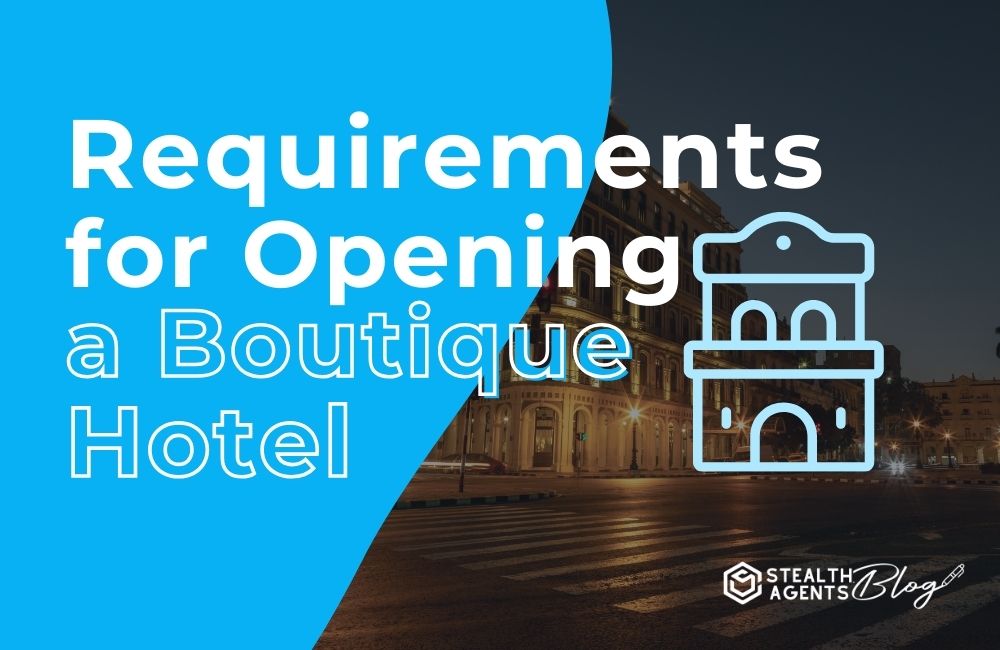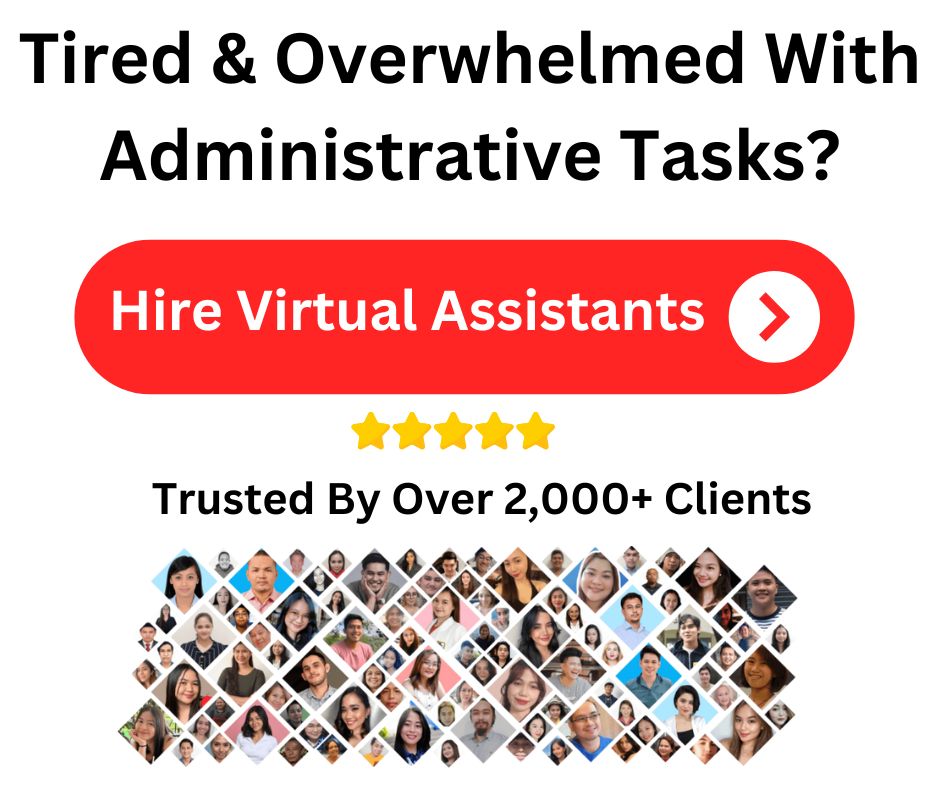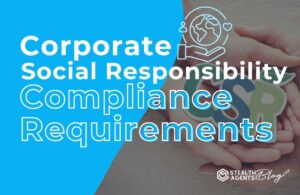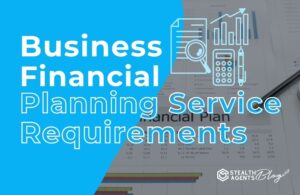Picture this: a quaint, elegant building nestled in an unexpected corner of a bustling city, luring in curious travelers with the promise of a unique stay.
This is the enchanting allure of a boutique hotel, a gem in the heart of the hospitality industry.
If you are starting, it’s best to partner with the best boutique agency.
Create stylish spaces with our professional interior design virtual assistant.
Sign up for a consultation to explore the price-tailored solutions for your needs.
Requirements for Opening a Boutique Hotel
1. Legal and Regulatory Requirements
- Business Plan
Outlines the concept, target market, competitive analysis, marketing strategies, and financial projections.
Serves as a roadmap for the business and is often required to secure funding from investors or lenders.
- Business Structure and Registration
Determines the legal structure of the business (e.g., LLC, corporation) and registers it with the state or local government.
Defines liability, tax obligations, and management structure; ensures the business is legally recognized.
- Permits and Licenses
Includes business license, zoning permit, building permits, health and safety permits, fire department permits, liquor license, and food service license.
Ensures compliance with local, state, and federal regulations; allows legal operation of the hotel.
- Insurance
Covers general liability, property, workers’ compensation, and liquor liability (if applicable).
Protects the business from potential risks and liabilities, ensuring financial stability and compliance with legal requirements.
2. Financial Requirements
- Funding and Financing
Secures funding through personal savings, loans, investors, or grants.
Provides the necessary capital to start and sustain the business, covering initial setup costs and operational expenses.
- Financial Documentation
Includes a detailed financial plan and budget, pro forma financial statements, and proof of funds or financing commitments.
Demonstrates financial viability to investors and lenders; helps in planning and managing the hotel’s finances effectively.
3. Operational Requirements
- Location and Property Acquisition
Conducts a feasibility study for the chosen location and purchases or leases property.
Ensures the location is suitable for the hotel’s target market and complies with zoning and building regulations.
- Design and Construction
Involves hiring a construction virtual assistant and contractor, developing design plans, and obtaining necessary approvals.
*advertisement*
Tired & Overwhelmed With Administrative Tasks?
Hire A Top 1% Virtual Assistant From Stealth Agents!

Sign Up Below & Hire A Top 1% Virtual Assistant
Rated 4.7 Stars Serving Over 2,000+ Customers.
Hire Top 1% Virtual Assistants For $10-$15 Per Hour
Ask About Our 14 Day Trial!
*advertisement*
Ensures the hotel is built or renovated to meet design standards, building codes, and ADA requirements.
- Staffing
Creates an organizational structure, develops job descriptions, hires staff, and implements training programs.
Ensures the hotel is adequately staffed with trained personnel to provide high-quality service to guests.
- Hotel Management Systems
Implements a Property Management System (PMS) for reservations and guest management and sets up accounting and inventory systems.
Streamlines operations, enhances guest experience, and ensures efficient management of hotel resources.
4. Marketing and Sales
- Branding and Marketing Plan
Develops a unique brand identity and a comprehensive marketing plan, including online presence, social media, and advertising.
Establishes the hotel’s market presence and attracts guests through effective marketing strategies.
- Sales Strategy
Develop a pricing strategy and establish partnerships with local businesses and tourist attractions.
Maximizes revenue through strategic pricing and collaboration, enhancing the hotel’s appeal to potential guests.
5. Compliance and Ongoing Operations
- Health and Safety Compliance
Conducts regular inspections and ensures compliance with health and safety standards; develops emergency plans and procedures.
Protects the safety and well-being of guests and staff, maintaining compliance with legal requirements.
- Ongoing Management
Includes regular financial audits, continuous staff training and development, and regular maintenance and upgrades of facilities.
Ensures the hotel operates smoothly, maintains high standards, and adapts to changing market conditions.









